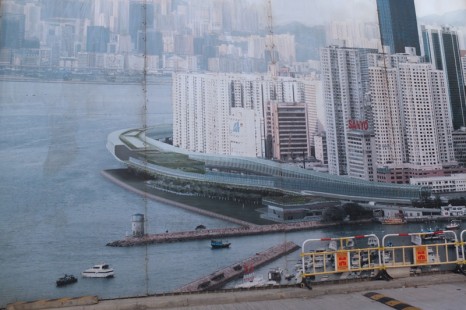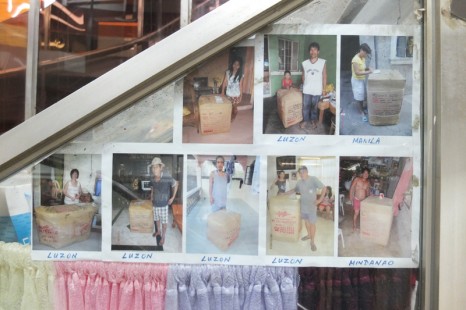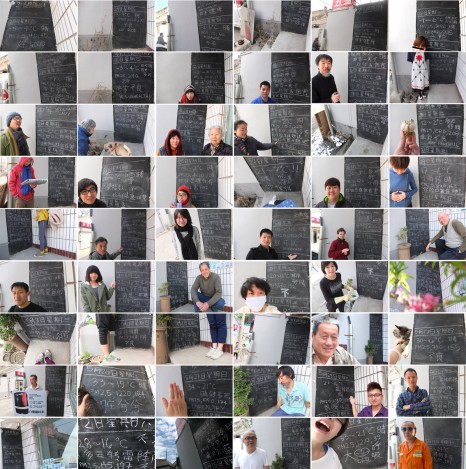inadvertent soundtracks for inversion eyes
put your inversion eyes back on, proximity as the coming towards of embodiment, she says “the politics of location”. speaking as:
Ivo Kohler and Theodor Erismann, 1950
playlist:
__”Computer Eyes”, Jakob Boeskov/Timothy DeWit/Matthew Morandi, from The Wire Tapper 34
__”Golden Hours”, Brian Eno, from the album Another Green World
__”Pure”, Blackbird Blackbird, from the album Summer Heart
__”Tigers”, Christy & Emily
__”Talking History”, Xiao Hong & Xiao Xiao Hong, from the Dada Damage Compilation
__”Sullen Ground”, Mount Kimbie, from the album Cold Spring Fault Less Youth
__”Went Missing”, Nils Frahm, from the album Spaces
__”What Time is Love”, The KLF
__”Token Eastern Song”, Nirvana, from disc 4 of The Chosen Rejects: Live Rarities
__”Little Dreamer”, Future Islands, from the album Wave Like Home
__”Wait For Me”, 張曼玉 Maggie Cheung, from the Clean original soundtrack
新米节夏季末mix | new rice festival end of summer mix
24 july 2013,西湾 saiwan beach,2:00 am
24 july 2013,西湾 saiwan beach from under my tent,maybe around 6 am
02 august 2013,soundwalk in 贵阳 guiyang city,around 9:30 pm
19 august 2013,music to boost worker morale,肇兴 zhaoxing town,around 11 am
20 august 2013,芦笙 battle,肇兴 zhaoxing town,9:39 pm
“火龙果之歌 dragon fruit song”,from the forthcoming album 《在你面前很无邪 No Evil Before You 》by 孙大肆 Joy SUN
les mains négatives
by marguerite duras
从最初(爱)的将来时 on the first, future of love
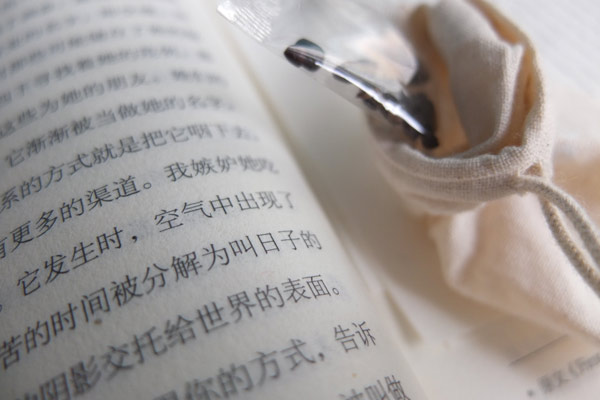
I told her about how your gifts are always somehow a burden. You know I’ll keep them, don’t you, all this junk offloaded over the course of these years, it’s moved with me across the continent and across the city, taller piles each time, folders and envelopes and things scrawled with HB pencil at various degrees.
But maybe this time I can finally part with something, fortunate doubles, two gifts that i already have. One about a month older, given as a free gift at a liquid nitrogen frozen ice cream parlour (fashionable sunflower or more fashionable morning glory?), and the other, just a day or two younger than yours, when I bought the same issue of a literary bi-monthly not recognising where those ripped pages had come from. I’ll daisy chain your generousity, hoarder friend, no matter how i cringe inside when he talks about change. and it wasn’t even the change which we feared, just the way he said it. haven’t you told me many times to let go?
它发生时,空气中出现了叫做天气的变化,而此时低飞的子弹仍然被叫做朋友,痛苦的时间被分解为叫日子的间隔。在那时,太阳仍然恩宠这世界的事物,让它们将偶尔的阴影交托给世界的表面。每天都有些东西掉落在我身上,我的温度改变着。温度是另一种提醒你的方式,告诉你你只是自己,而不是别的什么;它让你和周围的一切分开。那些温度的变化被叫做情绪,它们有着好玩的外国名字,但我已经记不得它们了。对于发生在我身体之外的任何事情我都没有记忆能力。我记不得该如何准确地说这个短语:“我抱歉。”
This was when changes in the air were known as weather, when low-flying bullets were still called friends, and periods of suffering were broken up into intervals called days. Back then, the sun still honored the world’s objects by letting them contribute the occasional shadow to the surface of the world. Everyday something fell on me and my temperature changed. Temperature was another way to remind you that you were only yourself and nothing else; it let you feel apart from everything around you. These changes of temperatures were called moods and they had interesting foreign names, but I no longer recall them. I have no memory for anything that happens outside my body.
I cannot recall the precise words for the phrase: “I’m sorry.”
本∙马可斯 Ben Marcus,from that literary bi-monthly, on the first, future of love(但汉松翻译)…
Posted by 丫 | reply »the last two photos taken before giving up on this camera

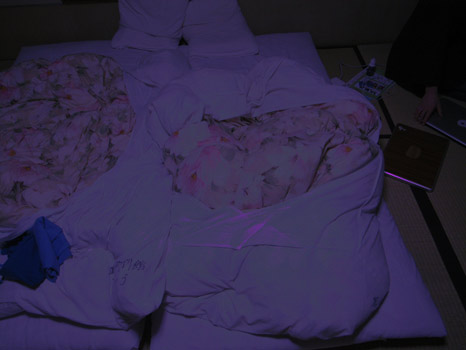
“Visibility makes bare the conflictual nature of autonomy.”
“Visibility makes bare the conflictual nature of autonomy.”
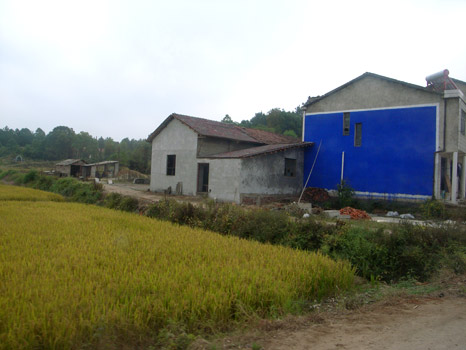

I don’t remember anymore exactly what context these words were written, random scribblings here and there, nowhere near as precise as her drawings, my notes having lost their specificity in time and space——depending upon one’s mood, everything can be about art or love or politics. The truth of that is an X-X-X, or “cha cha cha“, as she says, and even if i didn’t want to teach anybody anything, words fall out sloppily and ego still wishes for someone to pick them up.




“Visibility makes bare the conflictual nature of autonomy.”
I write it down because i don’t know who you are, or perhaps that’s merely a reflection of how little i know myself. Our togetherness isn’t really about a specificity in time and space, so there was no need to ask for visibility in the first place; we could accept speed, the vaguenesses of motion, non-places and all that sort. And why, would that invisibility make us more connected in some way, as if we could melt into some general idea, the seamlessness of an a-history? “Let’s not leave any traces,” I remember thinking, but my, now isn’t that sloppy.


Autonomy was seldom and always the question. Even in art, love, politics and science, like cha cha cha, it was actually the struggle of a singularity, call it human, but this singularity was much more a plea, a collective bargain, only yeah, maybe without singular demand. To be seen is not the same as being heard, and if we tried merely to subsist, voiceless for centuries, would that mean we were toiling backwards, trapped or free? She said today, “It would be very difficult to leave, being born into this kind of life, and if we did, it would be very difficult to come back.” I thought of the freedom of precipices, another dramatic moment, that articulation such that we are changed yet again, forever. What does it mean to be heard?

Are we co-conspirators, simply because you see me; what makes this withness, and if love is the thing to turn anyone into people, what holds us together and must we stand apart from everyone else? There are wars in politics, disagreements in science, revolutions in art. But love is both an anyone and a people, constantly exchanging identities, on a precipice. I see you…
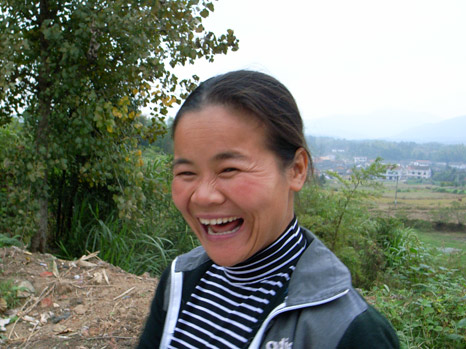 —all images taken Autumn 2011 from 张谷英 Zhangguying, Hunan Province
—all images taken Autumn 2011 from 张谷英 Zhangguying, Hunan Province
What can a phrase such as ‘natural course’ mean anymore in a time of such intense production?

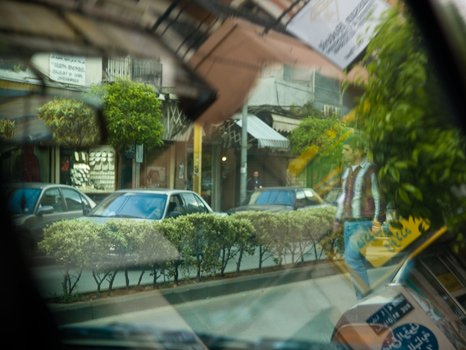
At one point during one of our discussions, Jad mentioned something about the need to build systems and structures so that we can break free from them. At the time i did not agree so much, perhaps out of mere exhaustion (the dialectic), and maybe also there has just always been some part of me that desires to find out how far we can just let things go, or to understand the limits of tolerance.
Phasing works in a similar way, though taking a walk in the city makes a clean set of variables into a dirty game. The phase is an easy, fun experiment; it breaks out of itself predictably but still fascinating to listen to — self-contained by reception. But it seems difficult to consider any form of reality anymore in terms of such structure; what is always lies next to and around itself, everything is multiple. Perhaps it’s simply a poor understanding of mathematics, but I never know how to discern exponentiality from noise. Circling now (the dialectic), it’s another form of fascination — like listening to sound upon sound. Or maybe it’s simply the idea of being attentive to the things that have always been there.
This is an audio recording combining several journeys traced from an original route shared by Maral Der Boghossian, who has visited her father’s shop in Bourj Hammoud two to three times a week for over 25 years. At the time of this writing, not a single participant after Maral has been able to successfully follow the audio to reach the shop, and this reveals certain weaknesses in the structure of the game, but I guess it’s also just letting things follow their natural course.
//
Participants in the recording: Maral Der Boghossian, Jad Baaklini, Paul Gorra, George Haddad, Christophe Katrib (accidentally powered off), Céline Khairallah, Lynn Kodeih, Fotini Lazaridou-Hatzigoga, Lina Sahab and the blacksmith around the corner from the tree that Maral’s grandmother planted some 40 years ago.

April 2011, Beirut
Posted by 丫 | more »
